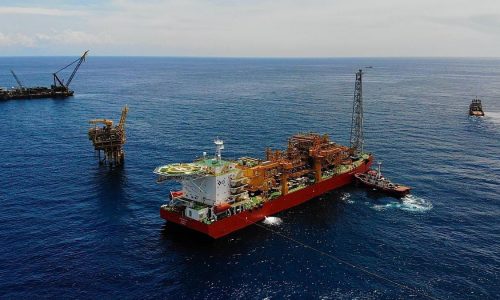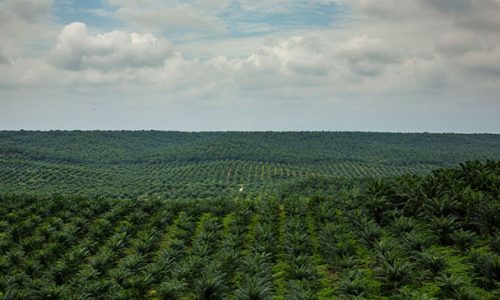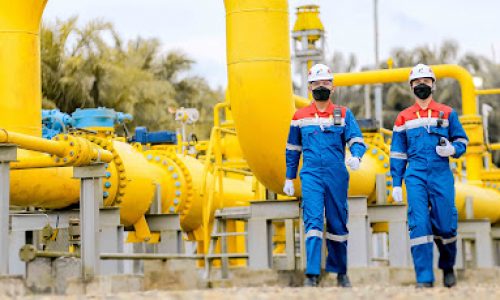Maritime logistics company PT Samudera Indonesia Tbk (SMDR) has allocated US$ 150 million Capital expenditure (Capex) in 2023 to expand its businesses.
Established in 1964, Samudera Indonesia had its history from back in the 1950s. With almost 60 years of experience in shipping logistics, the company went public at the Indonesia Stock Exchange (IDX) in 1999.
Currently, it has several subsidiaries with majority ownerships, comprising of:
- Ocean Shipping Pte Ltd. 100%;
- PT Cumawis 99.9%;
- PT Samudera Agencies Indonesian 90%;
- PT Samudera Indonesia Ship Management 99.93%;
- PT Samudera Pelabuhan Indonesia and subsidiaries 99.97%;
- PT Samudera Perkapalan Indonesia 99.98%;
- PT Samudera Properti Indonesia 99.1%;
- PT Samudera Sarana Logistik and subsidiaries 99.99%;
- PT Silkargo Indonesia 99.99%.
Samudera Indonesia predicts high demand for services
President Director Bani Maulana Mulia said the company would add more capacity logistics, including buying new ships. Currently, it focuses on getting logistical ships. Samudera Indonesia had ordered 3 more container ships and several more in the future. Later, it also will add tanker ships and bulk carriers.
“We are targeting the addition of 6 ships in 2023,” he said on January 16, 2023.
The company’s management is optimistic that its business in 2023 will be successful, driven by high demand for container ships from their customers. Consequently, Samudera Indonesia needs to add more capacity to fulfill the increasing demand.
“The increasing demand for services are bulk shipments and commodity products,” said Mulia.
However, the company forecast that its revenue and net profit in 2023 would be lower than in 2022. Its financial performance is predicted to be higher than the pre-COVID-19 pandemic achievement.
Risk in freight industry
There are several challenges in the freight industry.
Firstly, the badly managed inventory. A supply management review suggests that since the global economic downturn, the cost of inventory management increased from 25% to 60%. This includes warehousing storage, insurance, obsolescence, and transportation. Weak planning and poor forecasting also may lead to failures.
Secondly, bottlenecks in logistics and supply chain management. In many instances, the control levels for logistical operations are set to a minimum.
Thirdly, failure in integrating logistics. In many instances, logistics company tends to seek help from third-party logistics.
Fourthly, technological obstacles. There are many problems and advantages of using technology in the logistical supply system. However, at some point, software support could have unintended consequences which create a mindset where the company only does what the software allows. For instance, supply chain operatives spend a lot of time uploading data but struggle to download the data they need for their business.
Fifthly, there are problems in loading and unloading equipment; demurrage; waiting time; and support equipment deficit. The loading and unloading process could take time depending on the number of containers, the delay in shipment, and the availability of support equipment. In time, the long loading and unloading might cause an increase in cost and base rental prices.









